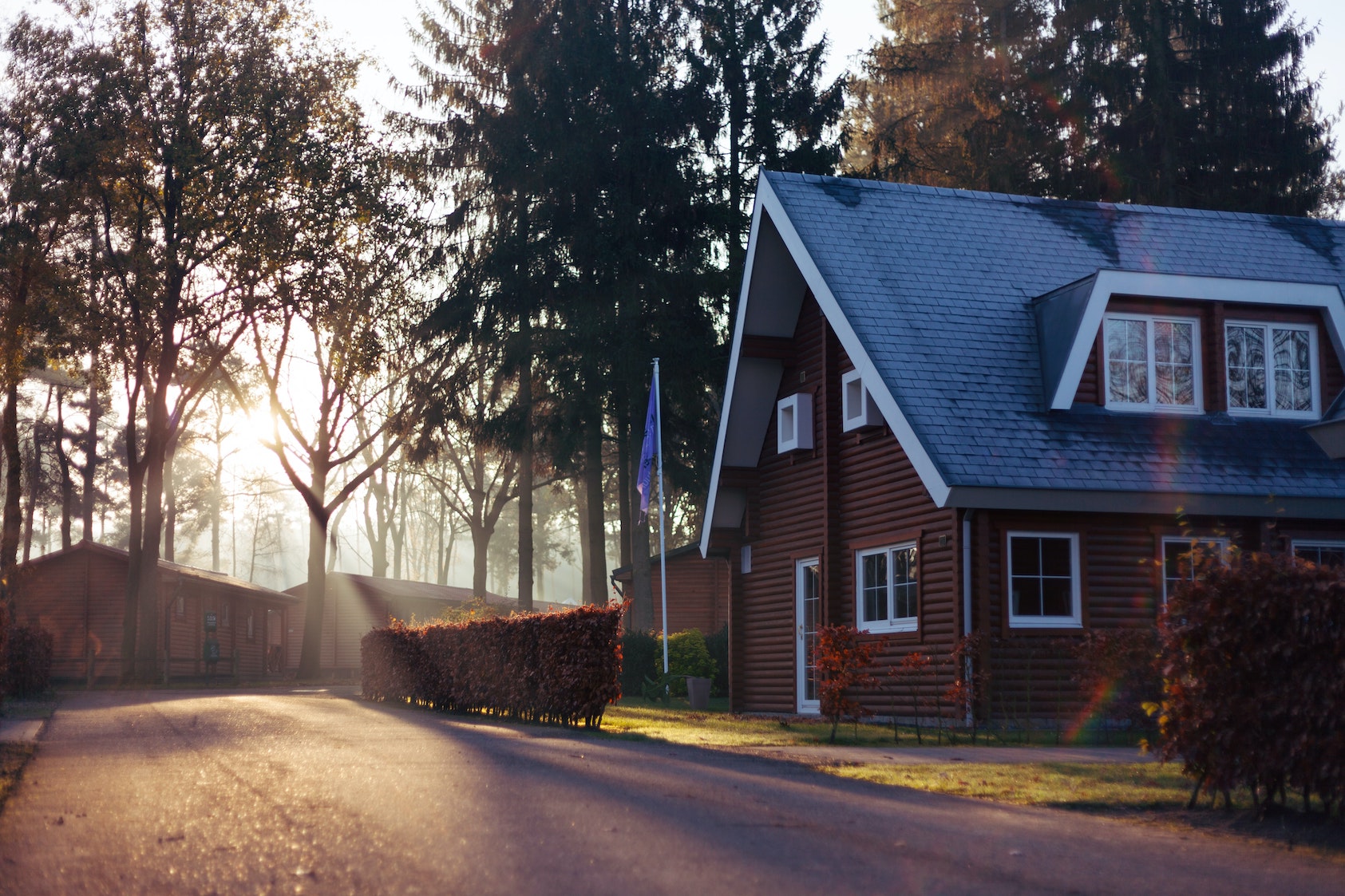Whether or not to allow tenants to keep pets in your property can be a sore subject. On one hand, you don’t want to put off potentially reliable tenants, but at the same time, you don’t want your home to be damaged by pets scratching, chewing or urinating where they shouldn’t. However, by ruling out all pets, you lower your property’s market appeal. Here is a guide to why you should allow your tenants to have pets on your property.
- Scarcity – it is quite rare for landlords to allow pets, so you will be offering the market something different. There are many people who have pets that are looking for somewhere to live. Renters are also usually willing to pay more for a home where they can bring their pets to live too. This will also increase the chances of tenants renewing their leases, so you have less ‘no occupancy’ times. This can save you a significant amount in lost income while you try to find new tenants.
- Not all Pets do Damage – It is perfectly possible to keep pets in a home without it causing damage. Also, some pets are less likely to affect a property than others. While bored dogs and puppies might chew things they shouldn’t, the majority of dogs behave well when they have good owners. Smaller pets such as hamsters, or pets that live outside are also unlikely to damage your property.
- Tenants might Keep Pets Anyway – a good proportion of renters may already be secretly keeping pets in their home. By allowing it in the first place, you not only get a better monthly rent for your property, but you have an honest relationship with your tenants too. Having a good relationship with tenants is important, as it makes it easier to sort out any problems with the property and they are more likely to renew when their lease run out.
- You Set the Rules – you can create the conditions to which tenants must abide by if they want to keep pets. This can include specifying what kinds of pet you allow, as well as tenants agreeing to pay for any damages or works needed that are caused by their pet. No matter what damages occur in your property, you can find landlord insurance policies that cover such damages, especially if accidental. Another option is to ask for an extra deposit upfront, to cover any works should the need doing after the tenant has moved out.
Rental properties that allow pets are few and far between, and any pet owner is likely to consider your property if you allow pets to stay too. That is why it can work in your favour to make the most of the market opportunity. You get the advantage of having a more monthly income, while also covering yourself financially for any damages, and your tenant has a home for themselves and their pet. Allowing pets in your property can potentially provide a win-win situation for both you and your tenants, so it is something worth thinking about.




 POSTED BY
POSTED BY 

